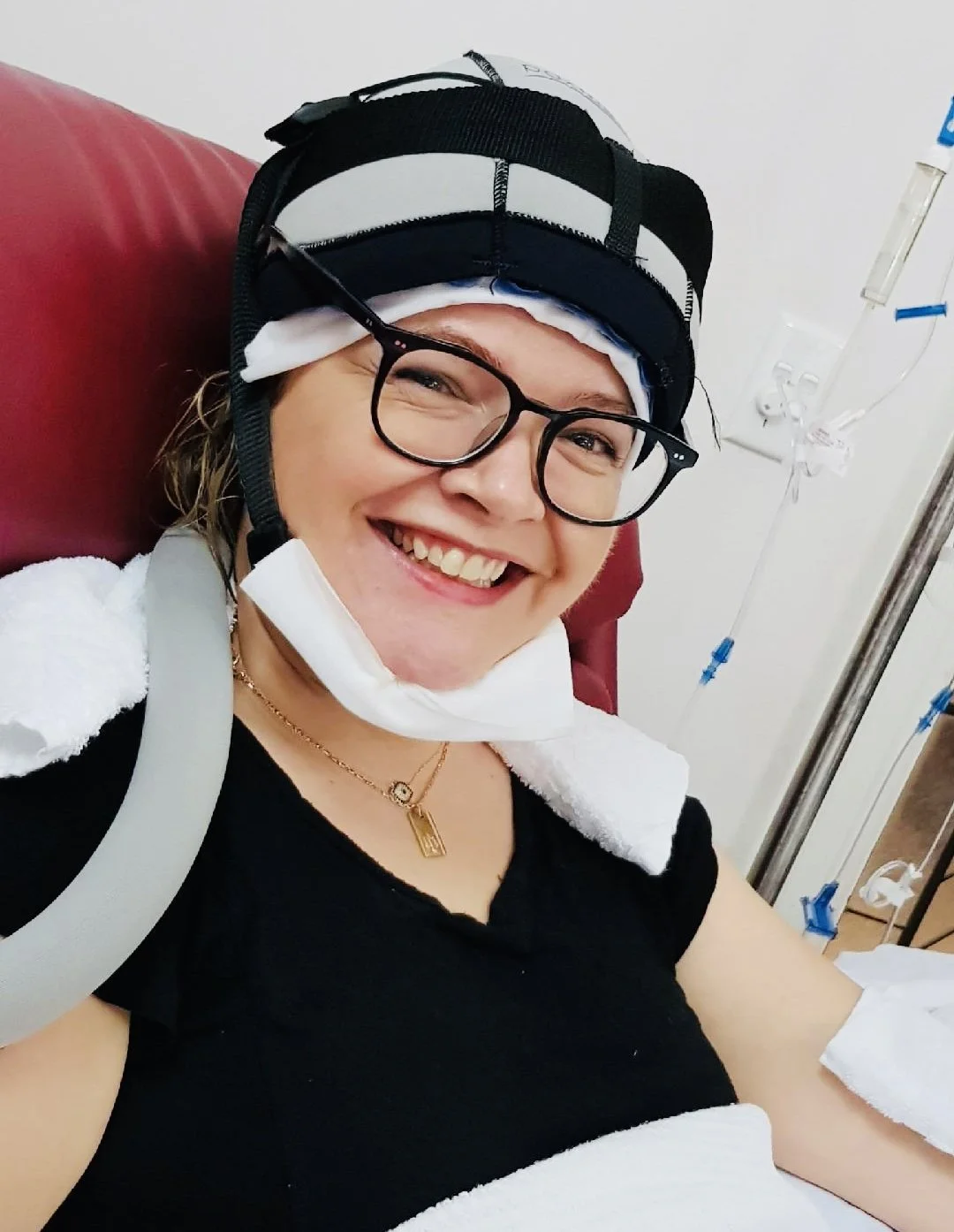Feel It First: 5 Body-Based Tools to Help You Speak Up with Confidence
TL; DR: In a nutshell
Speaking up in healthcare can feel overwhelming but it’s not just mental, it’s physical too
Your nervous system plays a key role in how confident, clear or calm you feel
Psychologist Suzy Reading shares simple, body-based practices to ground and regulate yourself before or during medical appointments
This blog offers five practical tools to help you reconnect with your body and build confidence to advocate for what matters to you
Let’s be real, medical appointments can rattle you
Even when you’ve prepped your questions, rehearsed what to say and want to be heard, it’s easy to walk into the room and feel yourself shrink. Your heart’s racing. Your mouth’s dry. You’re trying to speak clearly while keeping your emotions in check.
And I get it because I was like that too. When you’re traumatised, overwhelmed, uncertain or exhausted (usually all of three!), speaking up can feel like the hardest part of the whole appointment.
Confidence can feel out of reach, especially when your body’s saying flight, your mind’s going blank, and you’re trying to sound clear and capable while holding back tears of fear and frustrating. And then there’s the power and knowledge imbalances that often come with a patient–healthcare professional relationship, and for many women, a real concern that you’re going to be dismissed and not listened to. That fear can show up as appeasement or placation, which may be part of a ‘fawn’ response to trauma (you know, being that ‘good’ patient).
Confidence isn’t just in your head – it’s in your body too
Self-advocacy takes courage to unlearn long-held beliefs or experiences, whether they’re first-hand or passed down. And the confidence to speak up as part of that unlearning can be more than a mindset or a skill. It can be a bodily state – and you can learn to do it!
That’s why, in a recent episode of the Regarding Me podcast, I spoke with psychologist Suzy Reading about small, body-based practices that can help you feel more grounded before or during a healthcare appointment. They’re simple, practical and surprisingly powerful.
You don’t need to do them all. Think of it like a ‘pick-n-practice’. Choose what feels right for you.
Let’s get you set to speak up!
Hand on heart 💓
Best for: Self-soothing, returning to yourself, regulating nerves
Place one hand on your chest. Take a breath. Ask yourself, Where am I right now? What do I need? This gentle gesture helps regulate your nervous system and brings you back to yourself. As Suzy says, “I find it really hard to be tough on myself when I do this.”
Chicken wings 🪽
Best for: Opening the chest, releasing tension, building presence
Place your hands on your shoulders with your elbows pointing out. Gently pulse your elbows back. This opens the chest, encourages deeper breathing and reminds your body that it’s safe to take up space. Perfect before a big conversation.
Face hug 🤗
Best for: Calming overwhelm, creating a sense of self-support
Cradle your chin in your hands and feel the sense of being held. This self-holding posture cues safety to the nervous system. It’s a quiet moment of connection that says: I’m here. I’ve got you. It might bring on some tears.
V-to-W arms 🦸♀️
Best for: Building strength, centring energy, shifting posture
Lift your arms into a V, then slowly draw them down to a W. Think of it like putting on your invisible superhero cape. It’s a postural reset that helps you feel strong, open and focused - especially useful if you’re heading into an appointment that matters. It’s like you’ve got your own back!
Little daily check-in 🐱
Best for: Grounding yourself, creating a circuit breaker, tuning in
A little ‘anchor’ in the day. It doesn’t have to be grand or elaborate. It might be a few sips of water, standing up to stretch, looking out the window, or noticing you haven’t spoken to anyone yet today. Ask yourself: What do I need right now? A hug? A moment of sunshine? A chat with someone? Even hugging the cat can count (dog, bunny or hamster!).
These are permission tools, here if you need them
The goal isn’t to look calm or act together. The goal is to support your body so you can stay present and advocate for what matters to you.
These practices are part of a broader shift, away from pushing through and towards tending to ourselves with care, especially in systems that often overlook or dismiss us.
You don’t need to be fearless to speak up. But it helps to feel steady and grounded in your body when you do.
Want to hear more?
Listen to Struggling to Speak Up? Suzy Reading on Finding Confidence Through Self-Care with psychologist Suzy Reading on the Regarding Me podcast. It’s a warm, practical conversation about nervous system regulation, body-based rituals and how self-care and self-love support self-advocacy.
Like this post?
Sign up for my personal email newsletter and hear about new blogs, podcast episodes and free resources to help you get the healthcare that’s right for you.
-
Listen to Struggling to Speak Up? Suzy Reading on Finding Confidence Through Self-Care with psychologist Suzy Reading on the Regarding Me podcast.
You might like



